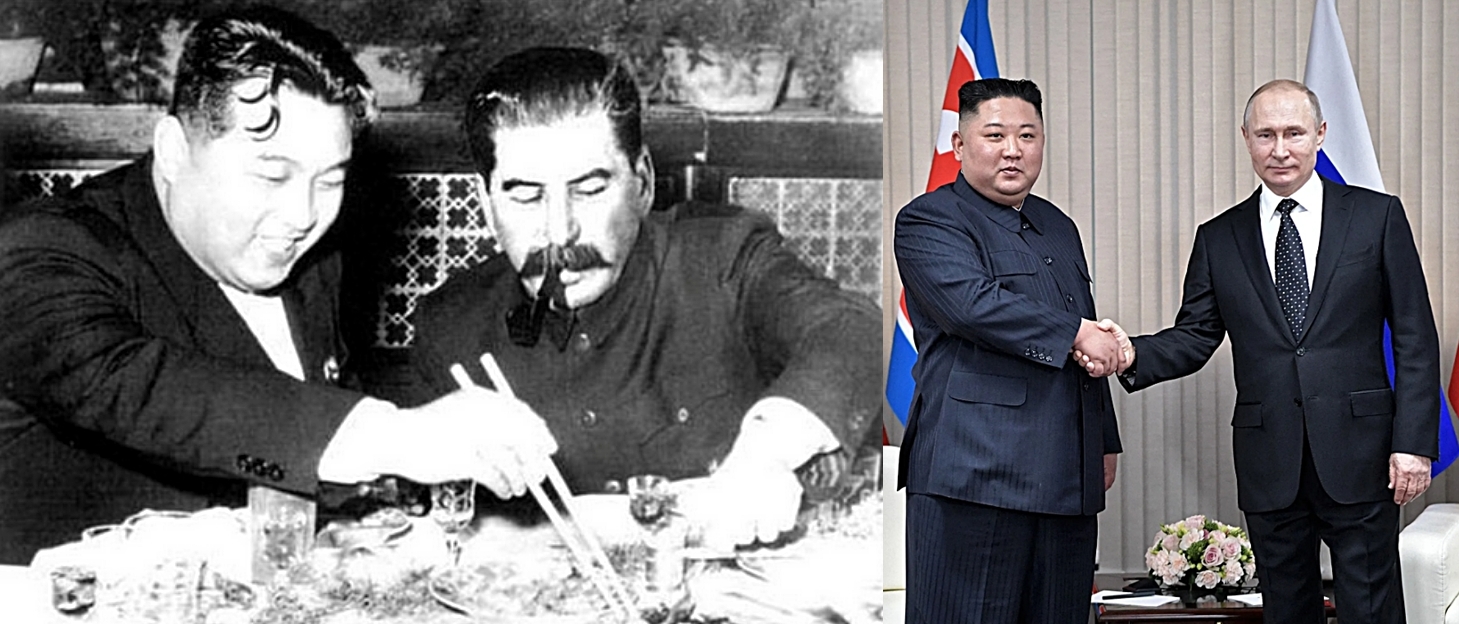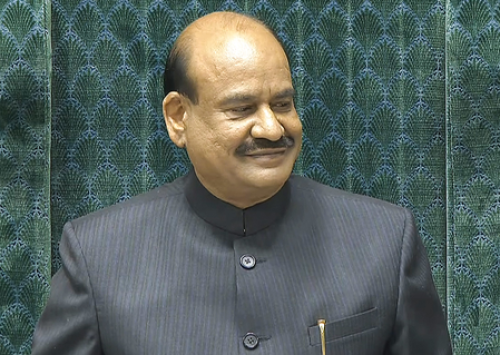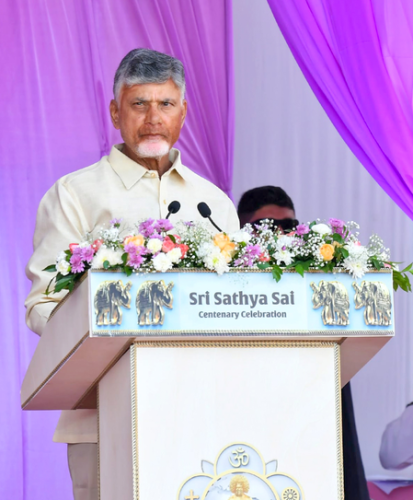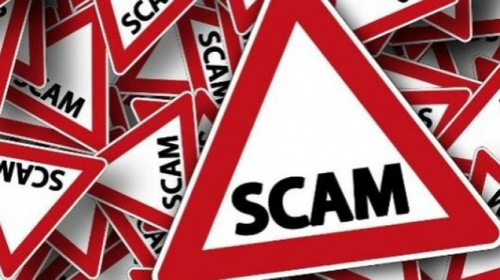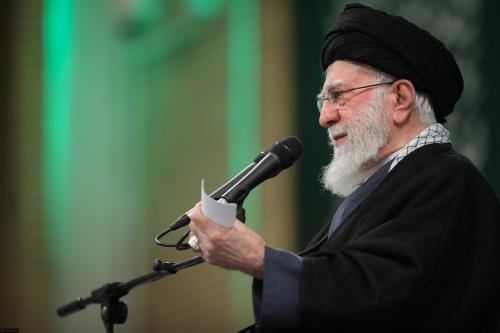Vikas Datta
New Delhi, Sep 9 (IANS) Russian President Vladimir Putin, who has given a go-by to personal attendance at high-profile global summits including of the BRICS and G20, may soon travel to his country's east to meet his counterpart from a secretive neighbour and discuss a mutually beneficial exchange of defence equipment and technology, as per growing media speculation.
The meeting between President Putin and North Korean supremo Kim Jong Un - who has not been out of his country since he ordered its borders closed in wake of the 2020 Covid outbreak - is being deemed as between leaders of two "pariah nations" - both at the receiving end of widespread sanctions.
However, it must be noted that these sanctions are overwhelmingly from Western powers - and their Asian allies - and for Russia, at least, a wide swathe of the world across Asia - especially India and China, Africa, and South America, it is business as usual - more or less.
And North Korea is not entirely alone too - both Russia and China have been old allies, and though they may have agreed to sanctions against it over its nuclear weapons programme and are unlikely to back it in any reckless adventure, they acknowledge its use in keeping the US, South Korea, and Japan on edge.
The prospects of conventional arms for Russia in exchange for technical know-how for North Korea, which has just announced the launch of a new tactical nuclear attack submarine but has recently witnessed the failure of two attempts to launch a satellite, was strengthened by the recent visit of Russian Defence Minister Sergei Shoigu to Pyongyang - the first such visit since dissolution of the Soviet Union in 1991.
There are also talks of trilateral military exercises between Russia, China, and North Korea - for which it will be a first, adding to growing concerns in Seoul, Tokyo, and Washington.
But are Russia and North Korea just fortuitous partners thrown together by the vicissitudes of diplomatic realignments and their choices?
Not really, for Russia's predecessor, the Soviet Union not only helped create - and then safeguard - North Korea and though Soviet Russian/Russian-North Korean relations have had their ups and downs, they persisted. Now, if the part of arms supplies is true, they only might be reversed a bit.
For good measure, the Soviets also selected its first leader - and his family is still in power.
Kim's Jing Un's grandfather Kim Il-Sung was handpicked by Stalin after vetting by his spy chief Lavrenty Beria and officials of the NKVD (predecessor of the KGB) to become leader of North Korea after the Japanese were driven out at the end of the Second World War. His son and successor Kim Jong-Il was born Yuri Irsenovich Kim in Soviet Russia in 1941 or 1942.
The Korean peninsula was occupied and colonised by Japan in 1910 and their harsh policies of suppressing the Korean culture led to resentment among the local people, and many of them fled to Manchuria. Among them was the family of Kim Song Ju (1912-94), who would plunge into guerrilla warfare against the expanding Japanese in China too and take the name of Kim Il-Sung.
Kim Il-Sung, who studied in China, also joined the Chinese Communist Party as he turned 19 and creditably fought against the Japanese who had invaded Manchuria too in the 1930s for nearly a decade before the growing pressure forced him and the remaining members of his battalion to cross the Amur into Soviet Russia in 1940.
The Soviet authorities sent the Korean soldiers, headed by Kim, to a military base near Khabarovsk for training and they, for all purposes, became part of the Red Army and spent World War II there.
On August 8, 1945, the Soviets declared war on Japan and by the time it surrendered, were in Pyongyang. While North Korean accounts say Kim Il-Sung led the liberation, it was only in September 1945 that he and 60 members of his band landed in Wonsan port from the Soviet ship Pugachev, dressed in their Red Army uniforms.
As it had been decided that the country would be divided at the 38th Parallel for occupation purposes, Stalin needed a local face to run the Soviet part and Kim Il-Sung was chosen for two reasons - he spoke good Russian and having lived almost all his life outside his homeland, had no contact with the "nationalistic" Korean communists, whom Stalin disliked and distrusted.
However, on the flip side, since Kim Il Sung had studied in China and trained in Soviet Russia, his Korean was rusty and before he could address his people in October 1945, the Soviets had to help him brush up his mother tongue!
A Soviet army officer also saved him from an assassination attack in October 1946 by absorbing the blast of a grenade thrown at him with his own body, losing his arm. In September 1948, the Democratic People's Republic of Korea came into existence with Kim Il-Sung its leader - he would go to outlive the Soviet Union himself.
Soviet-North Korean relationships were not always smooth, The invasion of South Korea was Kim Il-Sung's idea and Soviets only agreed after they got an atom bomb of their own and China's Mao Zedong agreed to support. Nikita Khrushchev's de-Stalinisation was also not welcomed by North Korea, like China, but Kim Il-Sung did not become a Maoist.
Relations got better when Leonid Brezhnev came to power, and North Korea was recipient of considerable Soviet aid, termed as "loans". The end of the Soviet Union put paid to this and soon, North Korea had its devastating famine in the early 1990s.
However, under President Putin, good relations between Moscow and Pyongyang resumed - and it remains to be seen what the future trajectory will be.
(Vikas Datta can be contacted at vikas.d@ians.in)



